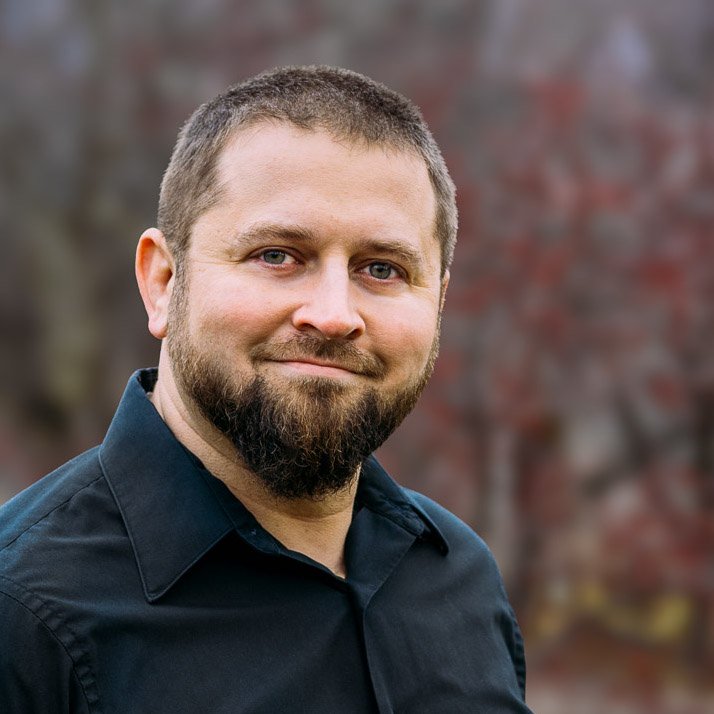When people face violence and oppression, what do they need from us?
When we see communities at risk, our instinct is often to try to help or to “fix” the problem out of sympathy. Yet Jesus invites us to go deeper, to hear communities of struggle call us not to serve them but to stand in solidarity with them against oppression.
Join PCI’s Steve Schallert and Peter Digitale Anderson for a conversation about how Christians—especially those of us enjoying lives of safety and stability— can shift from a posture of service to one of solidarity with oppressed communities. Drawing on Steve’s years of experience practicing and teaching solidarity in South Africa and organizing pilgrimages in solidarity with Palestinians, we’ll explore how others’ struggle for justice and liberation is also our own, and we’ll also explore the theology and skills that can help us truly stand for peace.
MEET THE FACILITATORS
Steve Schallert
Steve is Peace Catalyst Community Organizer, Peacebuilding Consultant, and Kingian Nonviolent Specialist in Cape Town, South Africa. Steve has helped develop and facilitate dozens of conflict transformation schools and projects in diverse conflict and post-conflict contexts such as Afghanistan, Egypt, Pakistan, Lebanon, and South Africa. His current passions centre on supporting and developing young peace and justice practitioners who are engaged in healing the walls of hostility within their communities. Locally, Steve serves as the Director of International Solidarity with Iziko Lamaqabane, a faith-based support centre for urban peace and justice practitioners throughout Africa.
Peter Digitale Anderson
Peter is Peace Catalyst’s Executive Director and Program Director in Minneapolis, Minnesota, where he is equipping community peacemakers and collaborating with others for racial justice and healing. His projects include facilitating a healing and practice space for white men undoing white supremacist and patriarchal cultures; organizing white folk, especially people of faith, to work for racial justice alongside BIPOC partners; providing nonviolent protection for civilians and training others in safety skills; building community and inspiring activists through singing circles; and more. In addition, Peter leads trainings in conflict transformation, nonviolence, trauma awareness and healing, and community-based peacebuilding.



